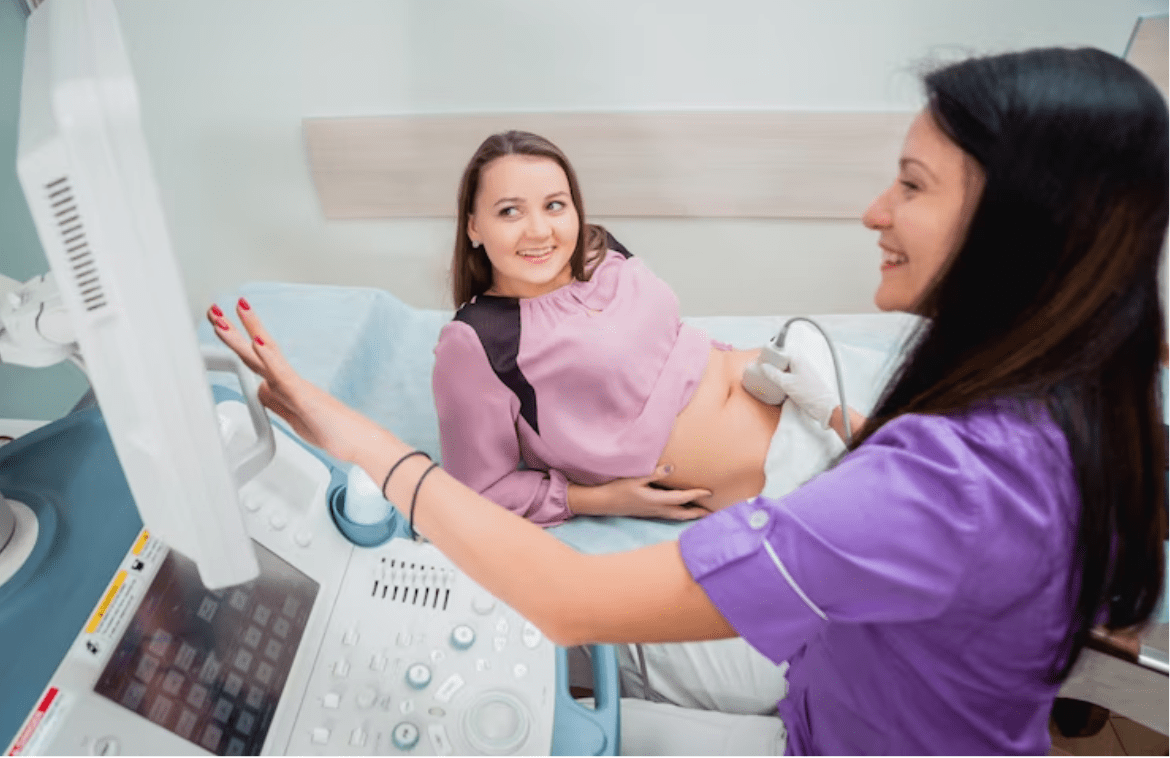Who is good candidate for IVF?
IVF is a viable option to bear a child for infertile couples. IVF treatment has become popular and several childless couples are daringly opting for it.
It is interesting to know who happens to be the good candidate for IVF. Few good IVF candidates do include women with fertility disorders such as endometriosis as well as polycystic ovary syndrome (PCOS). Additionally, women with abnormal ovulation cycles can indeed have access to getting pregnant with IVF, since fertility drugs can be made use of to induce ovulation as well as generate healthy eggs.
Couples who face issues with fertility prefer to choose between three major treatments: the cost-effective, non-invasive IUI and the meticulous, expensive ICSI and the most “traditional” of the three – in vitro fertilization (IVF). IVF treatment is a good way out for infertile couples.
Advancements in IVF technology have rather made the procedure highly successful. When it comes to choosing IVF as a treatment, then it is better to understand who the most successful IVF candidates happen to be if the treatment is well suited.
What is In vitro fertilization (IVF)?
IVF does involve retrieving as well as fertilizing the sperm and egg outside of the body, fertilizing these into an embryo, and then transferring the embryo into the woman’s uterus for successful implantation. Depending on one’s needs, the fertility doctor can make use of one’s or one’s donor’s eggs.
Best candidates for IVF
For a more informed decision about the chances of a successful IVF treatment, review candidates who are ideal for this form of assisted reproductive technology:
- Women with blocked fallopian tubes
- Endometriosis.
- Women with an infertility disorder – Polycystic ovarian syndrome (PCOS) health issue.
- Women with irregular ovulation cycles
- Men with factor infertility
- The couple has unexplained infertility
In case the main challenge of the problem faced with getting pregnant comes from male factor infertility, ICSI can indeed further improve one’s chances of a successful IVF cycle. The major difference between IVF and ICSI is about how the sperm fertilizes the egg.
Who does not benefit from IVF?
As IVF happens to be a widely used treatment, it can rather be easier to determine who does not benefit from the procedure. Below are a few examples:
- Women over 37 years of age – Studies do highlight that women over age 37 experience tend to have more problems in getting pregnant via IVF. Being above this age does not disqualify all women from a successful cycle, but medical research has observed that 37 is the average age of the drop-off in IVF effectiveness.
- Women having trouble producing healthy eggs – IVF treatment does revolve around removing healthy eggs from the woman’s uterus for fertilization. If the eggs are not healthy, the rest of the procedure does become an issue. Those women experiencing this challenge do consult fertility specialist to know more about how it is possible to improve one’s egg production or make use of a third-party donor.
- Women who are not interested in getting an outside donor – If the person’s eggs are not healthy, then she can still receive them from a highly qualified, screened egg donor. The person may indeed have no interest in this option, which does imply that IVF is not the procedure for the concerned woman.
Every situation is indeed different, and self-diagnosis does not typically yield very effective results. To determine what assisted reproductive treatment happens to be well suited as an option, it is better to seek a trusted fertility specialist’s advice.
Conclusion
Couples who fall into the category of unexplained infertility are indeed good candidates for IVF. These couples have had testing whereby a fertility health issue can be found but still are having difficulty in attaining pregnancy via natural means combined with fertility medications or intrauterine insemination (IUI).

Write your message

